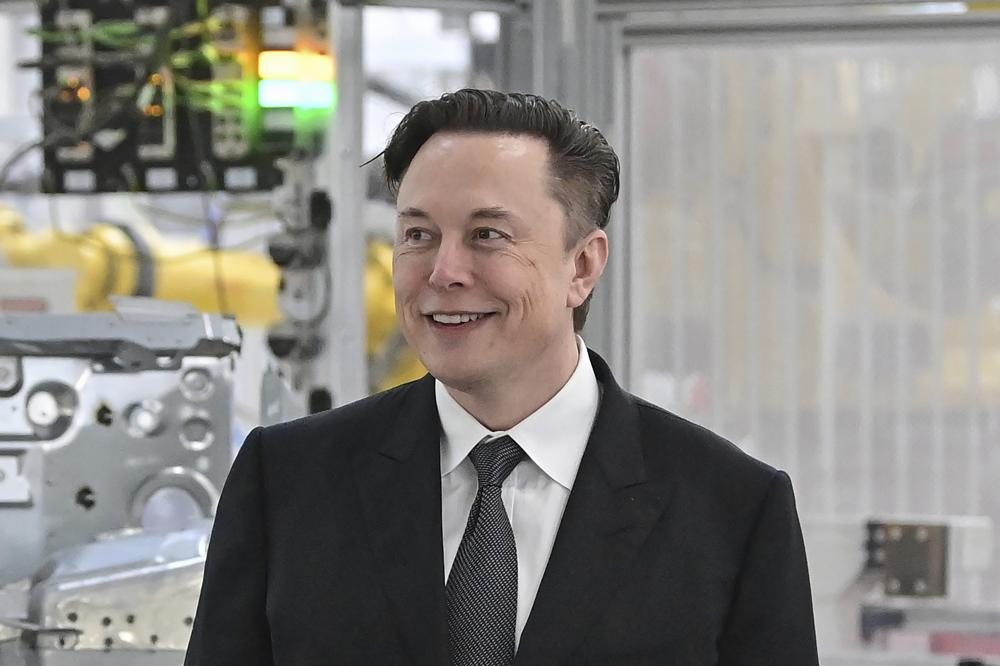In a surprising turn of events, Elon Musk, the CEO of Tesla and the world’s richest man, has found himself embroiled in a heated exchange with Julius Malema, the leader of the Economic Freedom Fighters (EFF) party in South Africa. The disagreement stems from a controversial song that was sung at an EFF meeting, which has been accused of inciting violence and promoting genocide.
At the center of the dispute is the chant “Kill the Boer the Farmer,” a song inherited from the fight against apartheid. The song was sung at a recent EFF rally in Soweto, prompting criticism from the main opposition party, the Democratic Alliance (DA), who accused Malema of inciting ethnic violence.
In response to the accusations, Malema lashed out at Musk, branding him “illiterate” and suggesting that his privilege as a white man protected him from facing the consequences of his actions. Malema dismissed any attempts to educate Musk on the matter, stating, “Why should I educate Elon Musk, he seems illiterate. The only thing that protects him is his white skin.”
Musk, a South African-born entrepreneur, took to Twitter, where he renamed his account X, to make his voice heard. In a viral tweet, he accused the EFF of openly promoting genocide against white people in South Africa and called on President Cyril Ramaphosa, leader of the ruling African National Congress (ANC), to address the issue.
The song “Kill the Boer” has long been a contentious topic in South Africa. Its violent lyrics have been interpreted by some as inflammatory and divisive. Last year, a court ruled that the chant did not constitute hate speech, but an appeal against this decision is currently pending.
Malema, seemingly unfazed by the criticism, responded to Musk’s tweet by claiming that the case was closed and that there was no need to waste time on “nonsense.” He also pointed out that an entire court hearing on the matter could be found on YouTube, suggesting that Musk should educate himself before commenting further.
The Democratic Alliance, meanwhile, has considered filing a complaint against Malema over his involvement in the song controversy. With elections on the horizon, and the possibility of the ANC losing its parliamentary majority for the first time in history, this dispute has broader implications for South African politics.
The clash between Musk and Malema serves as a reminder of the deep-rooted tensions that still exist in South Africa, particularly concerning race and the legacy of apartheid. It also highlights the challenges faced by the country’s leadership in navigating these issues and fostering reconciliation in a diverse society.
As the controversy unfolds, it remains to be seen how it will impact the upcoming elections and the broader political landscape in South Africa. Both Musk and Malema hold considerable influence, and their words carry weight in shaping public opinion. The debate surrounding the song raises important questions about freedom of expression, cultural sensitivity, and the delicate balance between addressing past injustices and promoting unity in a post-apartheid society.
Image Credit: Patrick Pleul/Pool Photo via AP




